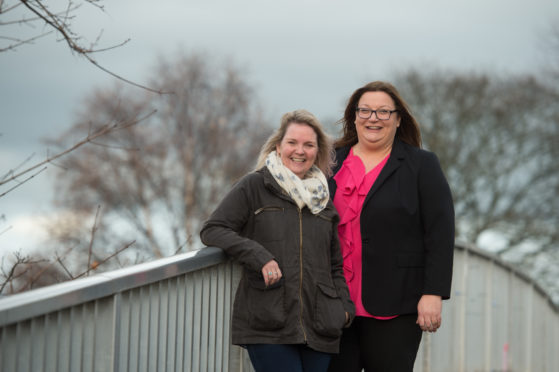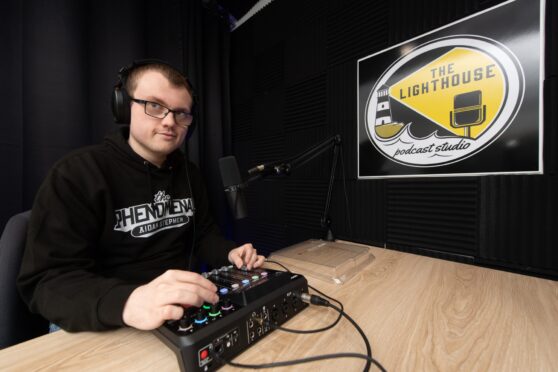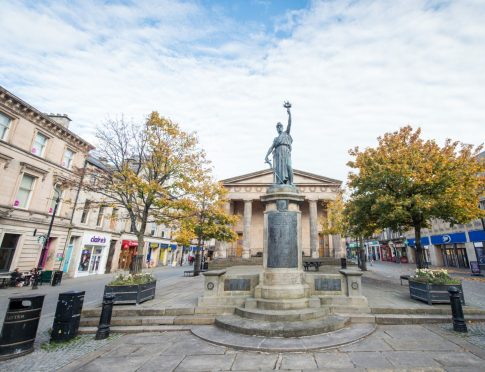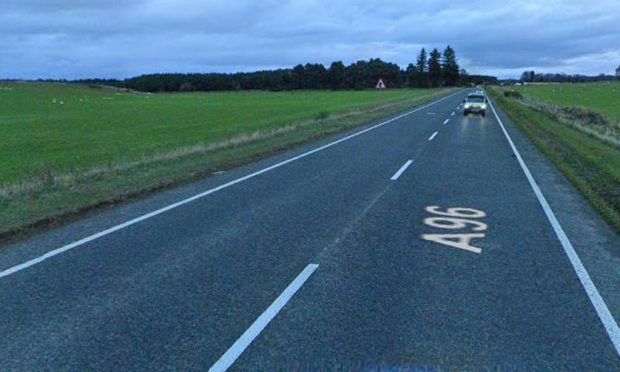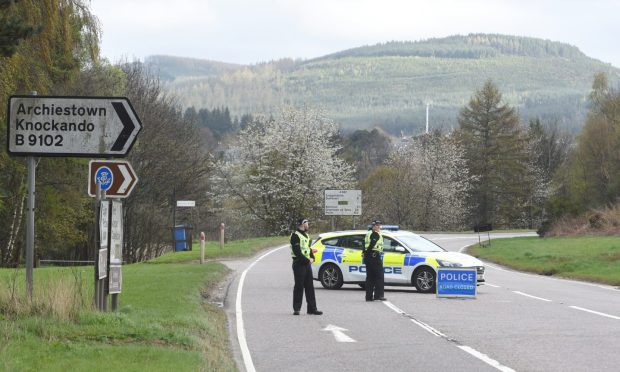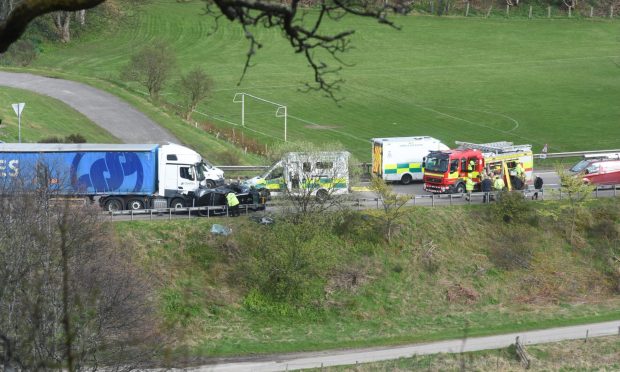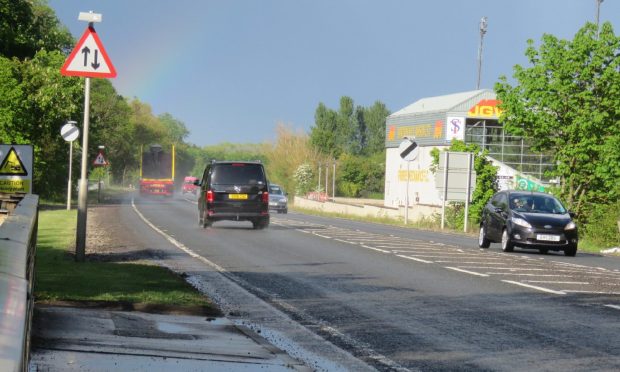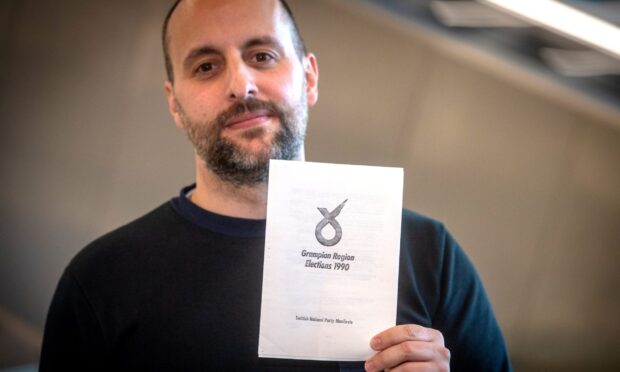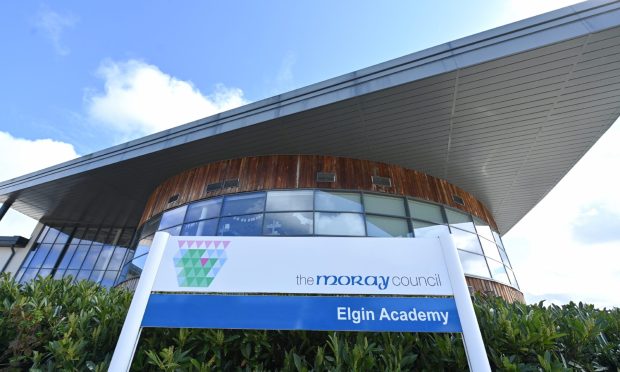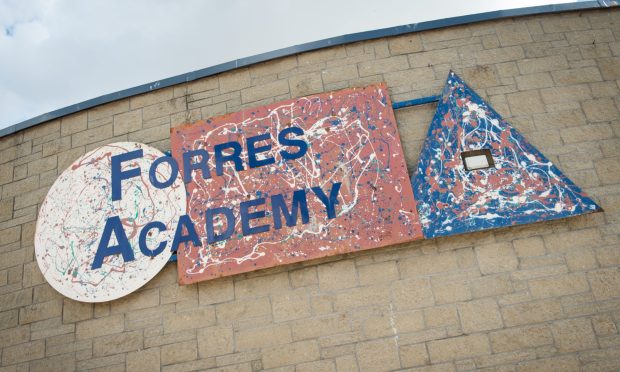Moray could be put forward for a new pilot scheme in Scotland which would establish negotiated sites for travellers.
The initiative, which is being driven by the convention of Scottish local authorities, Cosla, is aimed at reducing conflict between the groups and communities.
Locations have already been used in Leeds and London – where councils have reported annual savings of up to £200,000 in clear up and eviction costs.
It’s now hoped to bring the initiative to Scotland, resulting in a site being agreed between councils and travelling representatives where they can stay for about a month.
Yesterday, Davie Donaldson, an Aberdeen-based traveller activist, explained the arrangement had led to better relationships with residents in England.
He said: “What has happened until now is that travellers will move somewhere, a car park of wherever, and council officers will go down there and tell them to move without telling them where to. A negotiated stopping place gives them somewhere to go.
“Rather than a cycle of eviction, eviction, eviction, it leads to better relationships being developed with the settled community.
“Ordinarily, these places tend to be disused pieces of land that have been earmarked for development so they are not in continuous use all of the time by travellers. They get developed and then other sites come forward.”
Moray Council has experienced issues with travellers setting up in unauthorised locations in previous years.
During 2013, a group of 11 caravans from France set up in Cooper Park while work on Elgin’s £86million flood scheme was being done.
Moray Council convener Shona Morrison, who is also the authority’s equalities champion, explained it was hoped the sites would lead to health and education benefits for travelling communities by allowing easier access to services.
She said: “For larger authorities, the cost of eviction orders is huge and ends up creating an atmosphere of conflict between travellers and communities.
“Negotiated stopping places means they have to sign up to a code of conduct. If there’s a nuisance neighbour in a street you evict the neighbour, not the street.
“It should be the same with travellers, you should never have to evict an entire camp for the actions of just one of them.
“The idea is if it’s a place they’re happy to be, they will take care of it.”
